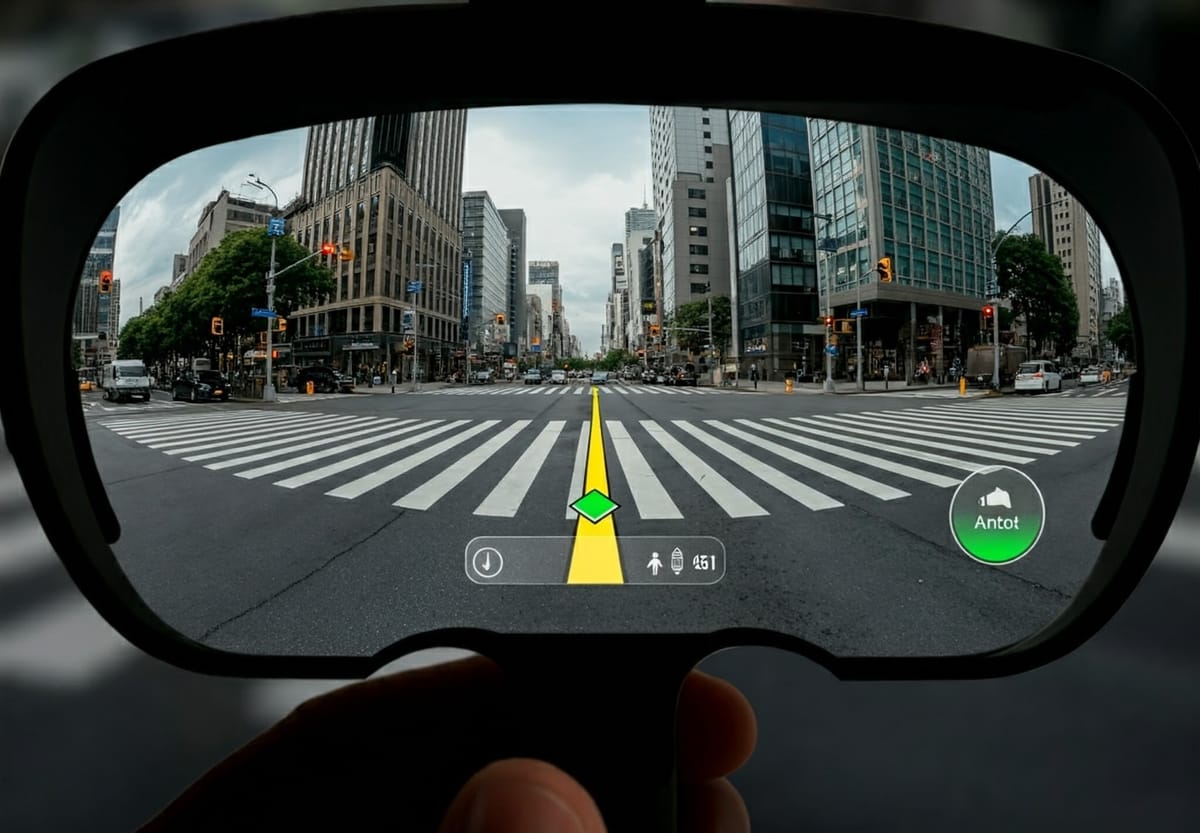When Help Doesn't

When does helpful technology make things worse? When is adequate information...inadequate? Read on and we'll explore together.
Research Roundup
We’re from the Tech Industry and we’re here to help
Our increasing reliance on technology may be eroding essential cognitive skills.
Automated text-message reminders increased student’s study on the day of reminder compared with non-prompted days. But it turns out this isn’t because the reminders increased overall studying. It’s because, compared with a control group, students studied less when unprompted. It ended up decreasing their total studying rather than increasing it. And as time passed, students became increasingly less likely to study without reminders. Yay for gamified education diminishing endogenous motivation!
Just as reminders diminishes student engagement, turn-by-turn navigation systems diminish our ability to build cognitive maps and navigate independently (a common story to my long-time readers). By constantly directing our attention, these systems prevent us from actively processing landmarks in our surroundings to develop a sense of spatial awareness.
However, the new navigation study also offers a potential solution. An augmented reality system inspired by traditional orienteering techniques encourages users to actively build their own cognitive maps. Participants using this AR system demonstrated improved navigation efficiency and accuracy. This suggests that technology can be designed to support, rather than supplant, our cognitive skills. Technologies that promote deep processing and active learning can bring the promise of AI without sacrificing our own natural intelligence
Sink, Sank, Sunk
Today, let’s take a look at two cognitive biases: the "sunk-cost bias" and the "illusion of information adequacy". What do they tell us about…us.
The "sunk-cost bias" is the tendency to continue investing in something that has already cost us time, money, or effort, even if it's no longer beneficial. As the mom of a child with autism it is fascinating to learn of another superpower he possesses: autistic individuals are less susceptible to throwing good money after bad. In fact, unlike with neurotypicals, spending more time on a decision actually reduces this bias.
The "illusion of information adequacy" is our tendency to overestimate the completeness of our knowledge when making decisions. Even when presented with limited information, individuals often assume they have sufficient knowledge to make informed choices, and as a result assume their decisions are just as valid as others. The result is that we assume other people would make the same choices we make.
This latter research is particularly interesting given my own finding that people exploring the unknown tend to dramatically overestimate how much they have actually explored. If I overestimate how much I’ve explored, then overcommit to a decision based on the information adequacy illusion, and finally, having gone all in, refuse to change my choice…am I all of the doctors who are being out-diagnosed by AIs?
<<Support my work: book a keynote or briefing!>>
Want to support my work but don't need a keynote from a mad scientist? Become a paid subscriber to this newsletter and recommend to friends!
Weekly Indulgence
If you missed the livecast, you can now watch/listen to my discussion on YouTube about AI and education: Redefining AI and Neurotechnology in Education with Dr. Vivienne Ming and Richard Foster-Fletcher
Stage & Screen
- December 4-5, LA: A talk at Rand in Santa Monica.
- December 10, NYC: It's that time of year again: RFK Human Rights's Annual Gala. Another year to support our amazing work in defending journalists and civil rights defenders around the world.
- It's sad that I must say this but...we have nothing to do with RFK Jr.
- January, LA: I wish I could say...some day :)
- January, Minnesota: Women in AI...in frozen places.
- January, Toronto: University of Toronto AI Day!
- February, Dublin: A private event but I know we'll do much more
- February, Athens: Medical school education
If your company, university, or conference just happen to be in one of the above locations and want the "best keynote I've ever heard" (shockingly spoken by multiple audiences last year)?
SciFi, Fantasy, & Me
Adrian Tchaikovsky's Service Model delivers a hilarious exploration of AI, consciousness, and the very nature of work, all wrapped in a post-apocalyptic quest! If you're looking for a legitimately thought-provoking read that makes the giggle start here. Doesn’t we all enjoy a lighthearted sentience, slavery, and the future of work. (Some day I’ll stop recommending Tchaikovsky’s books…some day.)
Vivienne L'Ecuyer Ming
| Follow more of my work at | |
|---|---|
| Socos Labs | The Human Trust |
| Dionysus Health | Optoceutics |
| RFK Human Rights | UCSD CogSci |
| Crisis Venture Studios | Inclusion Impact Index |
| Neurotech Collider Hub at UC Berkeley | UCL Business School of Global Health |